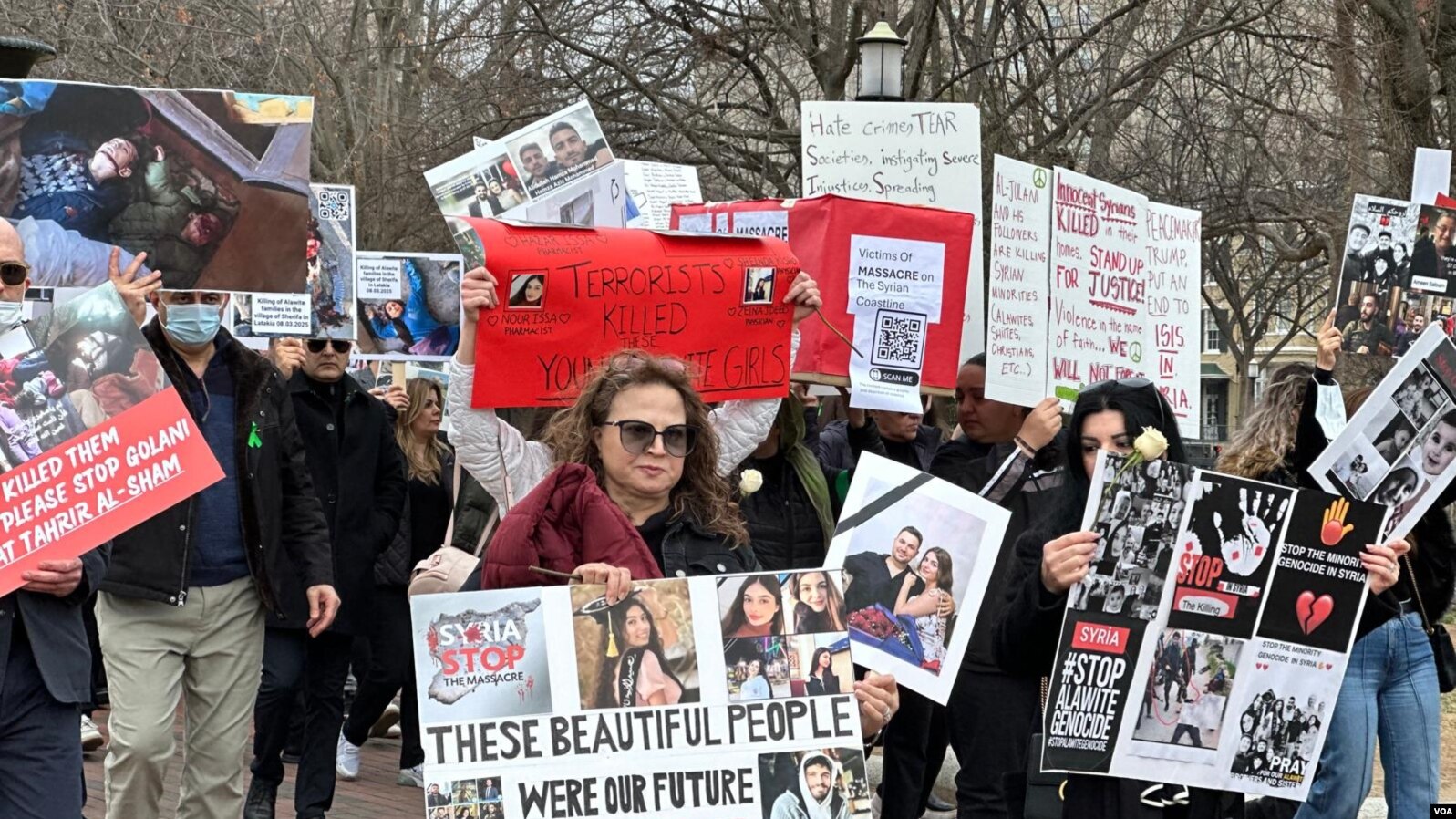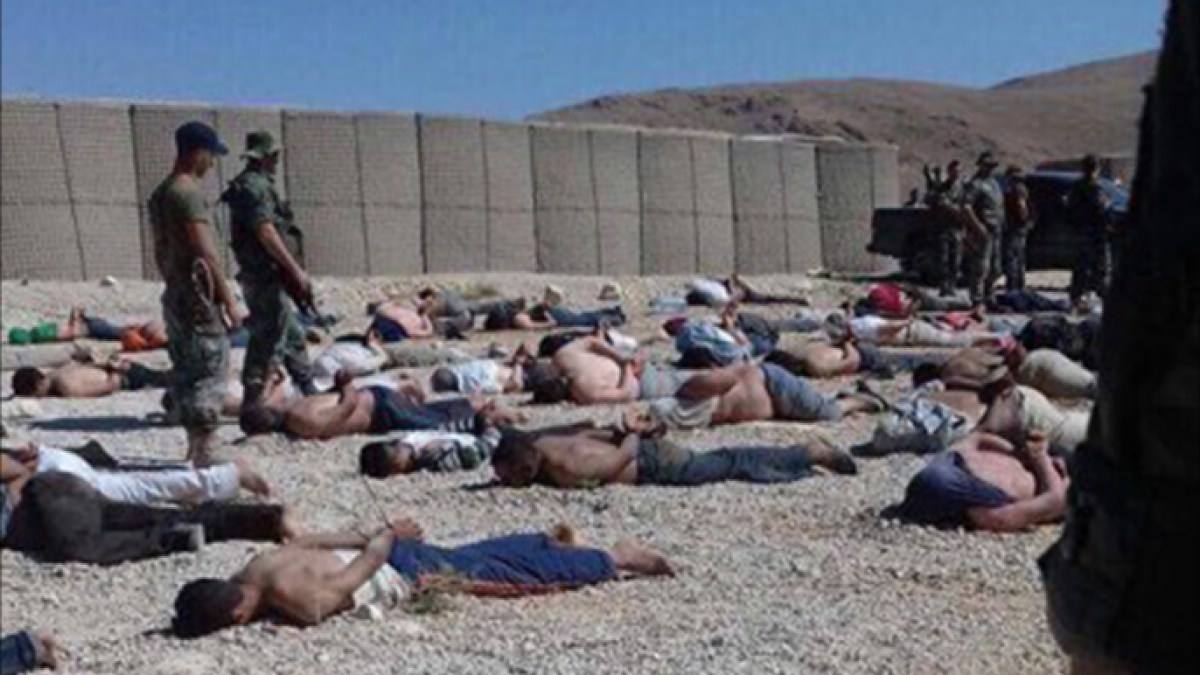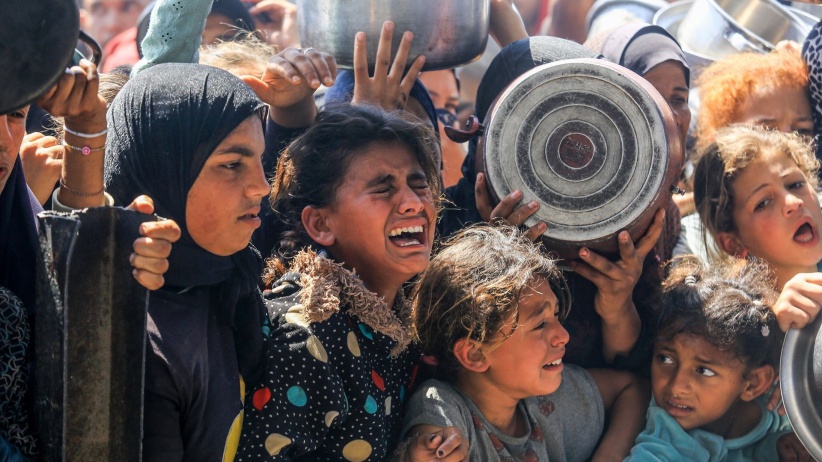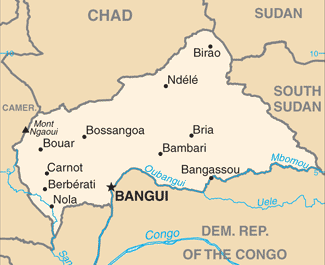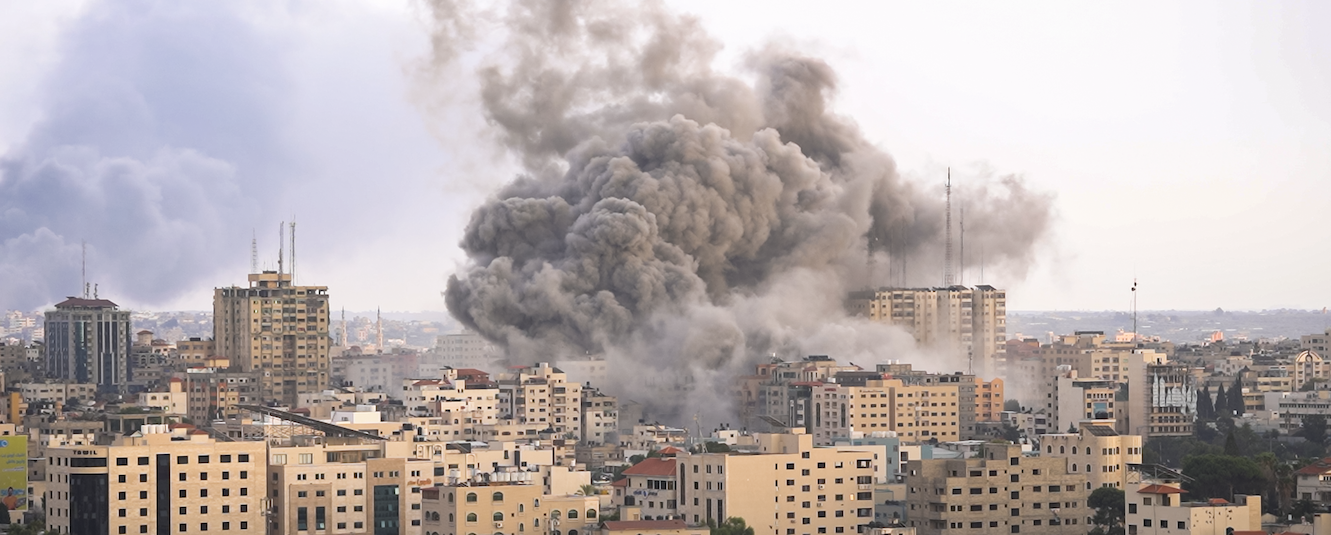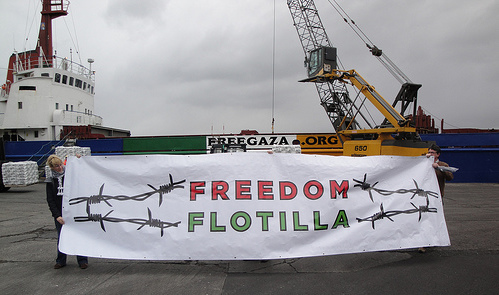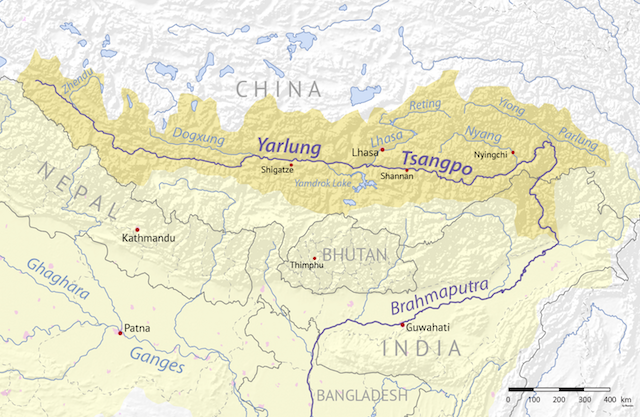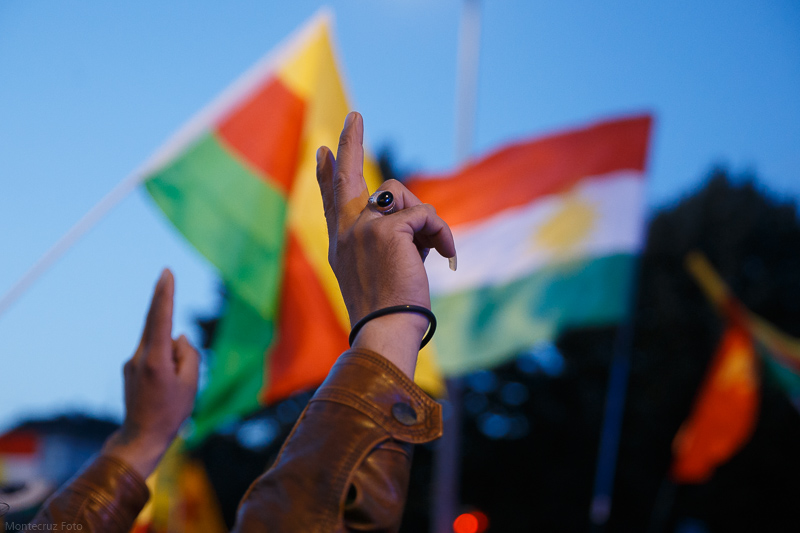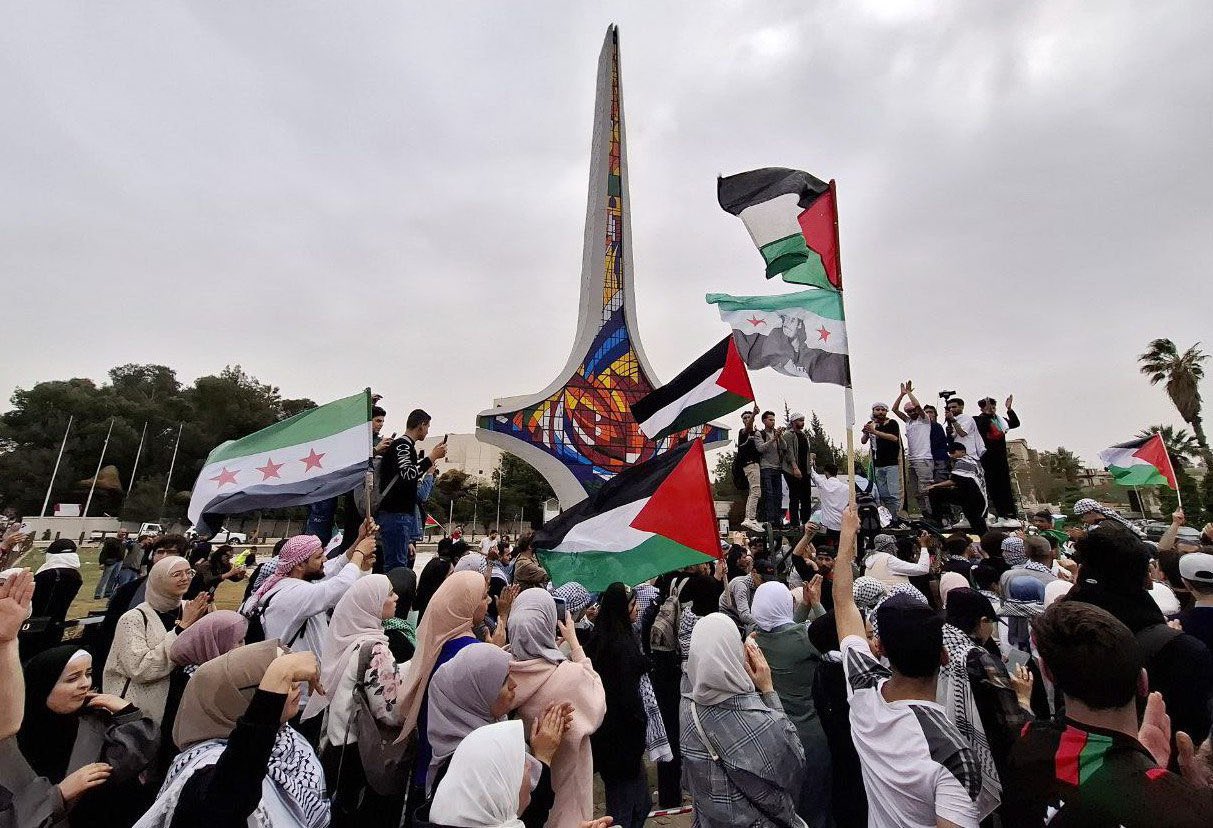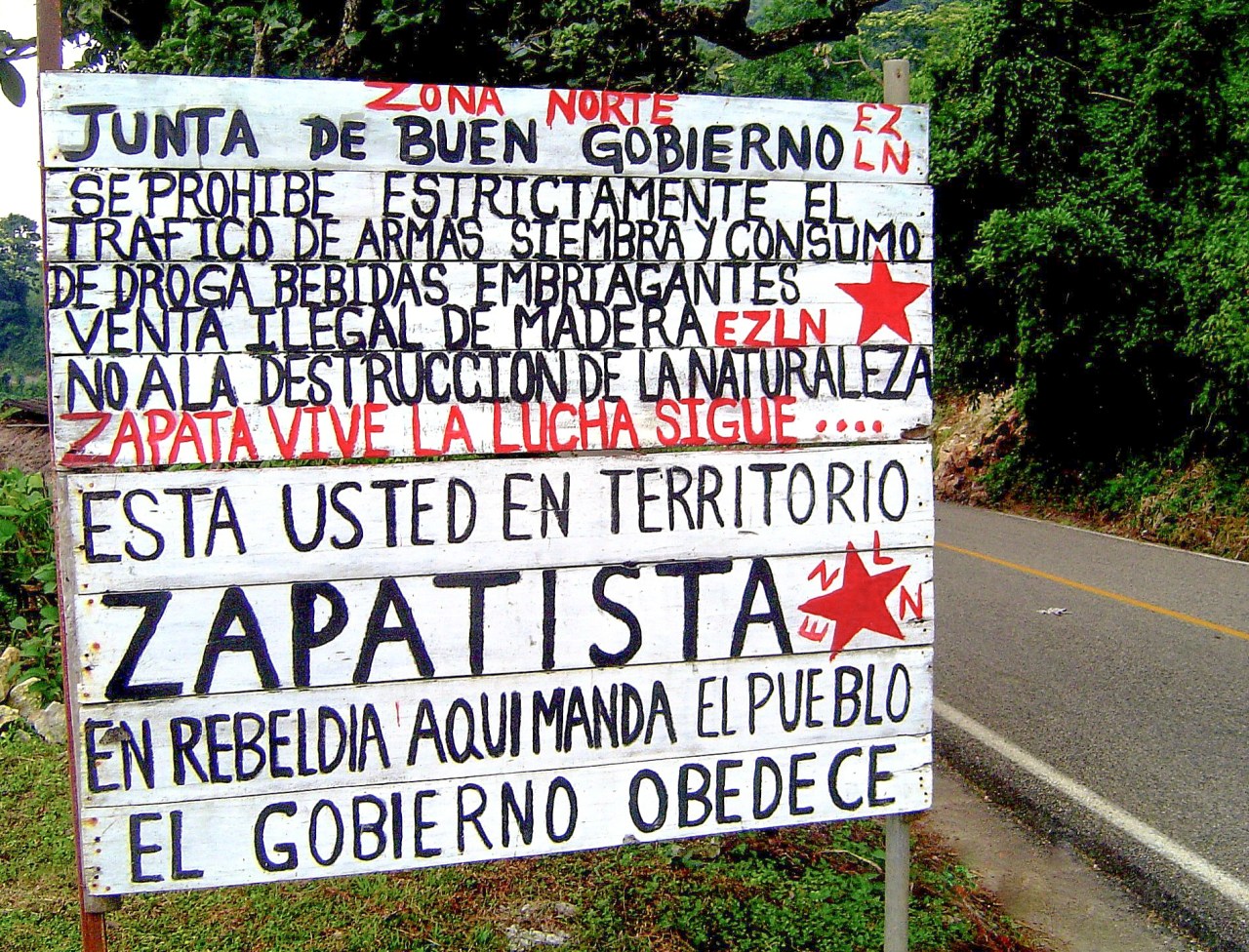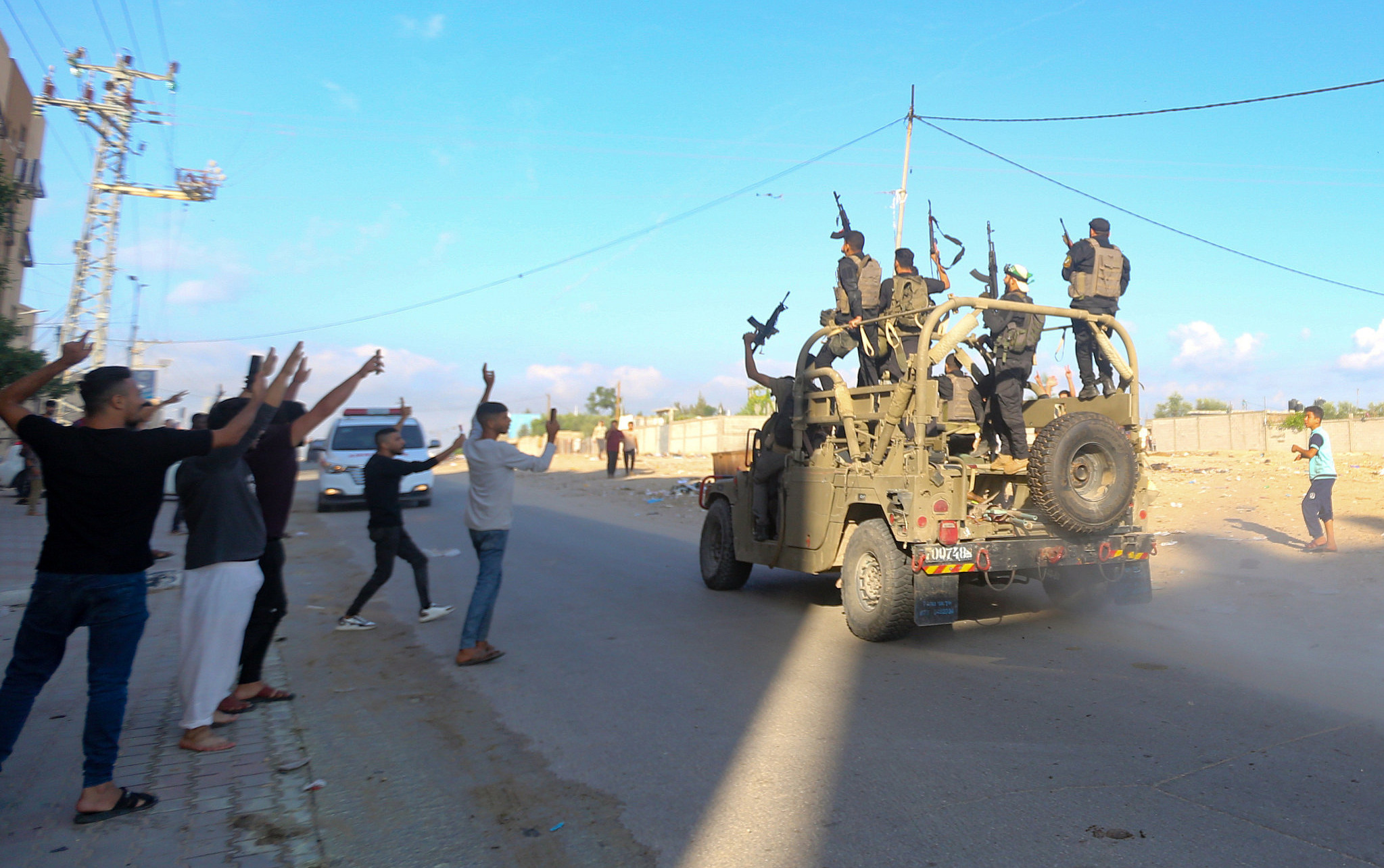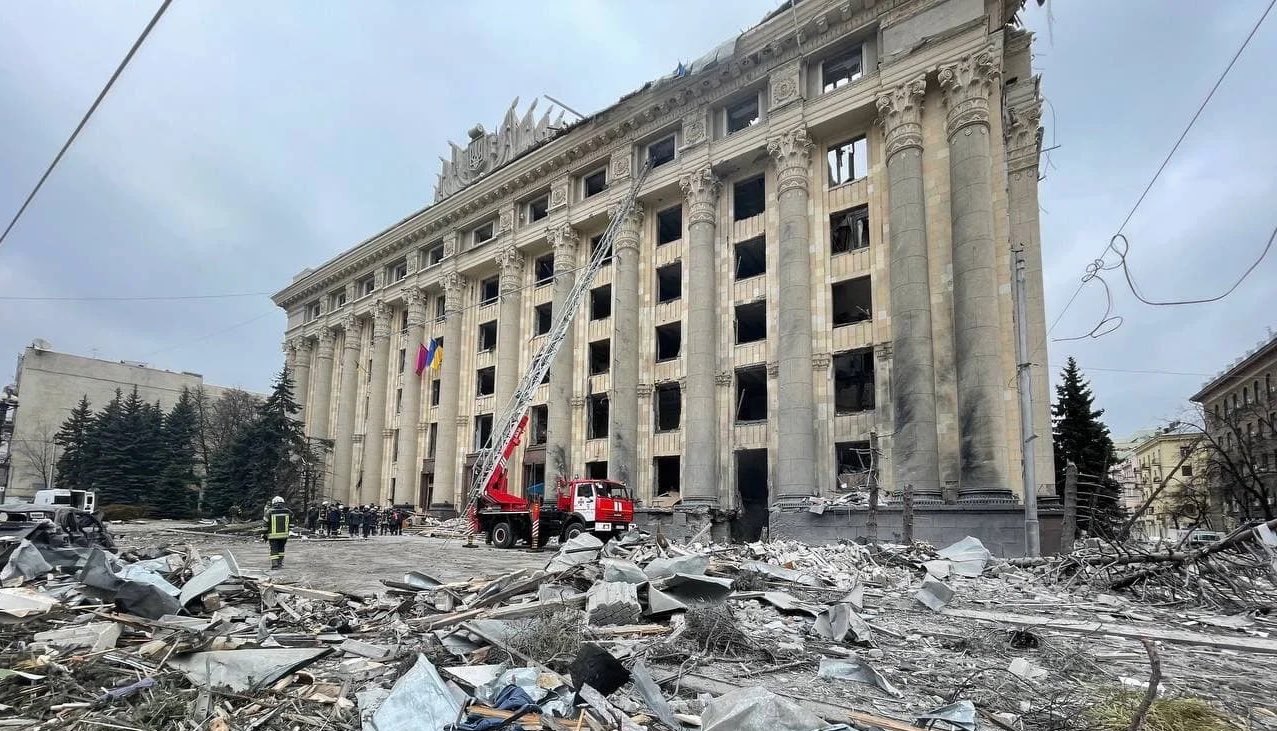
Netanyahu seeks re-occupation of Gaza: reports
Israeli Prime Minister Benjamin Netanyahu reportedly told his ministers that he will seek cabinet approval for a plan to fully occupy the Gaza Strip. According to reports in the Israeli media, several ministers said Netanyahu used the term “occupation of the Strip” in private conversations describing his plan. One anonymous official was quoted as saying: “The die is cast—we are going for a full occupation of the Gaza Strip.” Referring to IDF Chief of Staff Lt. Gen. Eyal Zamir, who is said to oppose such plans, the official added: “If the chief of staff doesn’t agree, he should resign.” These reports come as more than a dozen former senior Israeli security officials issued a joint video message with a call to end the war in Gaza, arguing that it has become damaging to Israel’s own national interests. (Photo: Jaber Jehad Badwan via Wikimedia Commons)



